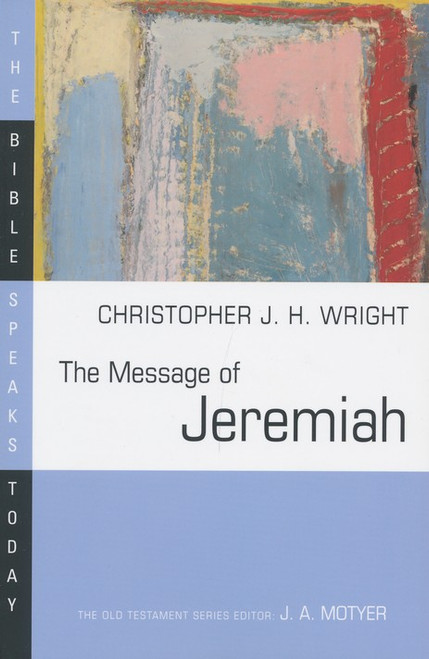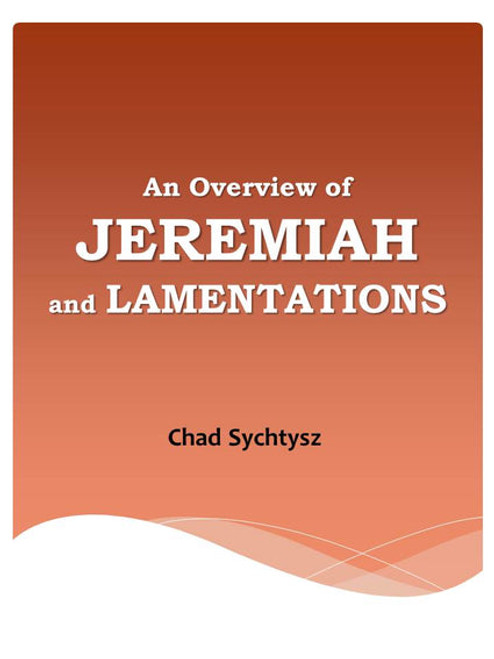The prophet Jeremiah addressed the people of Judah and Jerusalem over a forty-year period leading up to the destruction of Jerusalem in 587 B.C. The book of Jeremiah addresses the exiles, especially those in Babylon, in the years after the catastrophe. Here we encounter Jeremiah the prophet who, from his youth to old age, delivered the word of God to the people of Israel at the most terrifying time in all their troubled history.
Understanding Jeremiah's context is essential to understanding his life and message. More than that we must encounter the God of Jeremiah - an encounter that should be both profoundly disturbing and ultimately reassuring, as it was for him. If Jeremiah spoke in his day, and if the book still speaks today, in both cases it is because of the God who called the man to speak and commanded the book to be written.
In the end, Jeremiah is a book of the victory of God's love and grace. His redemptive, reconstructive work comprises the book's portrait of the future - a future that we see fulfilled in the New Testament through the life, death and resurrection of Jesus the Messiah. Ultimately we see it in God's dwelling with his redeemed people forever in the new creation.



![The Message of Jeremiah: The Bible Speaks Today [BST] - By: Christopher J.H. Wright](http://g.christianbook.com/dg/product/cbd/f400/824390.jpg)

 Back to Main Menu
Back to Main Menu








